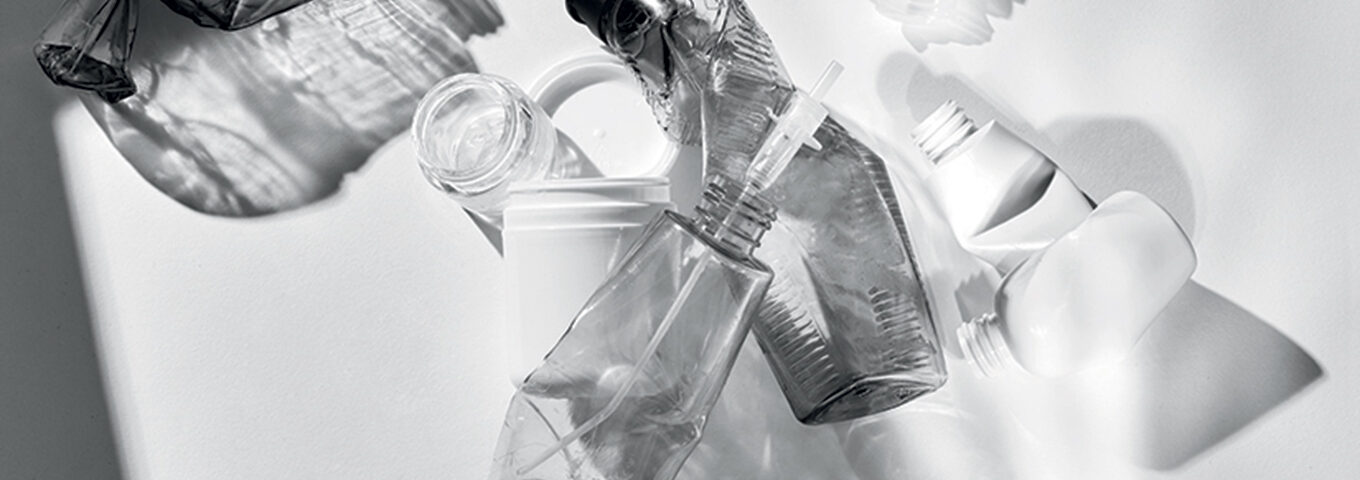As consumer consciousness about environmental impacts is increasing, it is necessary to provide sustainable personal care products. The current trends suggest that future personal care products need to be environmentally friendly, natural, and ethical.
The future of personal care product design requires exploring raw materials, usage experience, packaging, and product lifecycle performance. The design process needs to be conducted with a circular economy approach, prioritizing recyclability, and reusability.
Raw Materials
Lab-grown sustainable ingredients are becoming increasingly popular in the personal care industry due to their potential to provide a sustainable alternative to traditional ingredients. Some examples are:
- Microalgae – Microalgae are a rich source of nutrients, antioxidants, and other bioactive compounds that can be used in skincare products. They can be grown in labs using minimal resources and in a sustainable way.
- Plant stem cells – Plant stem cells are extracted from plant tissue cultures and can be used in skincare products to promote cell regeneration and protect against environmental stressors. They can be produced in large quantities without the need for agricultural land.
- Biosurfactants – Biosurfactants are surface-active compounds produced by microorganisms that can be used as emulsifiers and foaming agents in personal care products. They are biodegradable and can be produced in a sustainable way.
- Biopolymers – Biopolymers are polymers derived from renewable plant sources. They can be used as thickeners and stabilizers in personal care products and are biodegradable and sustainable.
- Fermented ingredients – Fermentation is a natural process that can be used to produce ingredients with enhanced properties such as increased antioxidant activity or improved texture. Fermented ingredients can be produced in a sustainable way and can be used in skincare products.
The sourcing of raw materials must be ethical, fair-trade, and with less water consumption.
Usage Experience
Sustainable personal care products for the future should focus on giving a good user experience because it influences people’s purchasing decisions. People want products that feel good, perform well, and provide effects without harming themselves, the environment, or animals. Products must be gentle, non-toxic, and enjoyable to use.
A growing trend is less is more approach on formulation or application and for the product to be multifunctional, used in many ways or mixed with other products.
Packaging
The packaging must be designed in a way that eliminates waste, minimizes environmental impacts, and can be reused or recycled. The packaging must also be lightweight to minimize carbon footprint, and it should not consist of any harmful chemicals or materials.
There are several sustainable options for personal care packaging that you can consider:
- Glass is an excellent option for sustainable personal care packaging because it is 100% recyclable and can be reused many times.
- Bioplastics are made from renewable resources such as corn starch, sugarcane, and potato starch. They are biodegradable and compostable, making them an eco-friendly option.
- Aluminium is another excellent option for sustainable personal care packaging because it is lightweight, recyclable, and can be recycled infinitely.
- Paper packaging is a sustainable option because it is biodegradable, compostable, and made from renewable resources.
- Refillable packaging: Refillable packaging is an excellent option for personal care products such as shampoo, conditioner, and body wash. Refillable packaging reduces waste and saves money in the long run.
Lifecycle Performance
It is essential to consider the disposal of the product once its use has ended. The products must be designed to degrade or decompose entirely, making it harmless to the environment. Product design considerations should factor into disposal and end-of-life options, including composting, recycling, or cradle-to-cradle manufacturing.
Designing for a Circular Economy
Designing for the circular economy must be a priority for any future sustainable personal care product. A circular economy is an economic model designed to eliminate waste and promote the reuse and recycling of materials.
Such models aim to reduce the number of wasted resources while simultaneously increasing the use of sustainable, renewable resources. Designing personal care products with a circular economy approach means designing products that can be repaired, reused, and recycled throughout the product life cycle.
For instance, a shampoo brand can implement a refillable system, where customers can purchase refills for their shampoo without buying a new bottle, reducing the use of plastic packaging. A circular economy for personal care products may also mean using renewable resources for production or sourcing materials that are abundant in nature, reducing dependence on non-renewable resources.
The future of personal care product design needs to meet customer expectations of environmental friendliness, sustainable ingredient alternatives and ethical practices while providing an excellent user experience.
Personal care products designed with a circular economy approach will build a sustainable future. Consumers can make a significant contribution to this by choosing products that reduce negative impact on the planet and their health. If we collectively come together and design products with a sustainable approach, we can create a better future, starting with our daily personal care routines.
Check out this recent launch from Australian Brand ReMI who has ticked all these boxes!
Enjoyed this article? Get more by subscribing to our newsletter!
Feeling inspired to see ingredients and trends in action?
Then why not visit one of the in-cosmetics events around the world?

